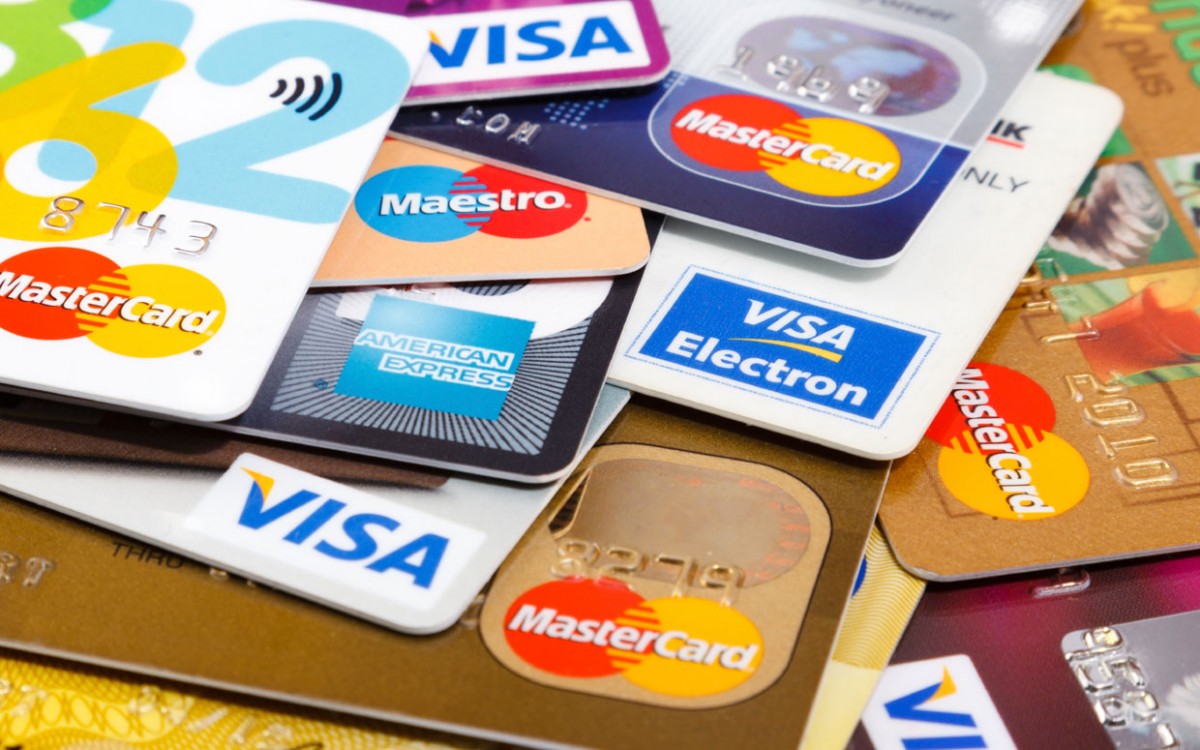Credit Card Debt? You Are Not Alone.


It’s important to note that repairing bad credit is a bit like losing weight: It takes time and there is no quick way to fix a credit score.
The best advice for rebuilding credit is to manage it responsibly over time. If you haven’t done that, then you need to repair your credit history before you see credit score improvement. The tips below will help you do that. You can also work closely with a credit repair agency, which will guide you through the process and make it much less stressful for you. The categories below are divided up based on the data used to calculate your credit score.
3 Important Things You Can Do Right Now
- Check Your Credit Report – Credit score repair begins with your credit report. If you haven’t already, request a free copy of your credit report and check it for errors. Your credit report contains the data used to calculate your score and it may contain errors. In particular, check to make sure that there are no late payments incorrectly listed for any of your accounts and that the amounts owed for each of your open accounts is correct. If you find errors on any of your reports, dispute them with the credit bureau and reporting agency.
- Setup Payment Reminders – Making your credit payments on time is one of the biggest contributing factors to your credit score. Some banks offer payment reminders through their online banking portals that can send you an email or text message reminding you when a payment is due. You could also consider enrolling in automatic payments through your credit card and loan providers to have payments automatically debited from your bank account, but this only makes the minimum payment on your credit cards and does not help instill a sense of money management.
- Reduce the Amount of Debt You Owe – This is easier said than done, but reducing the amount that you owe is going to be a far more satisfying achievement than improving your credit score. The first thing you need to do is stop using your credit cards. Use your credit report to make a list of all of your accounts and then go online or check recent statements to determine how much you owe on each account and what interest rate they are charging you. Come up with a payment plan that puts most of your available budget for debt payments towards the highest interest cards first, while maintaining minimum payments on your other accounts.
Types of Credit Use Tips
- Apply for and open new credit accounts only as needed.
Don’t open accounts just to have a better credit mix – it probably won’t raise your credit score. - Have credit cards – but manage them responsibly.
In general, having credit cards and installment loans (and paying timely payments) will rebuild your credit score. Someone with no credit cards, for example, tends to be higher risk than someone who has managed credit cards responsibly. - Note that closing an account doesn’t make it go away.
A closed account will still show up on your credit report, and may be considered by the score.
To summarize, “fixing” a credit score is more about fixing errors in your credit history (if they exist) and then following the guidelines above to maintain consistent, good credit history. If you need help raising your score after a poor mark on your report, or building credit for the first time, you can work with a credit repair firm to get this accomplished.




